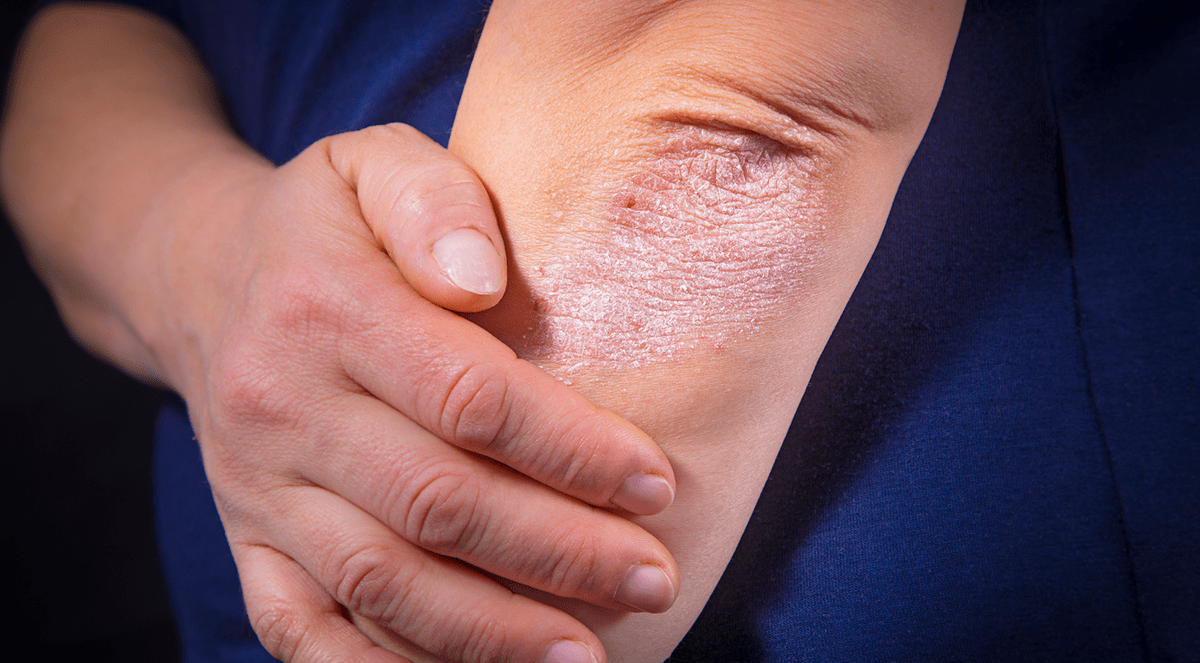Medical applications such as plasma assisted gene transfer is a minimally invasive approach that can substantially reduce potential discomfort of treated area. Atmospheric pressure plasma discharge is an effective approach to deliver plasmid DNA for in vitro and in vivo applications. We investigated plasma assisted delivery in vitro in mouse melanoma cells (B16F10) using a novel surface plasma device, which is operated in air. We evaluated the influence of applied voltage and distance between the surface device and cell monolayer. We found no significant effect on the viability of cells. Highest expression following delivery of a plasmid encoding green fluorescent protein was achieved with an applied voltage of 11.25 kV at a 2 mm distance and 5 s exposure time. To better understand the influence of oxidative damages and stress on cells after plasma delivery, a mRNA expression study was performed. Our results indicated that TNFα mRNA was significantly upregulated. The mRNA response may be attributed to the RONS generated by plasma; however, this mRNA upregulation was not adequate to be reflected in a coordinate protein upregulation. From the results reported here, it is clear that this novel plasma device could be used for plasmid delivery.Copyright © 2021 Elsevier B.V. All rights reserved.
Delivery and expression of plasmid DNA into cells by a novel non-thermal plasma source.


